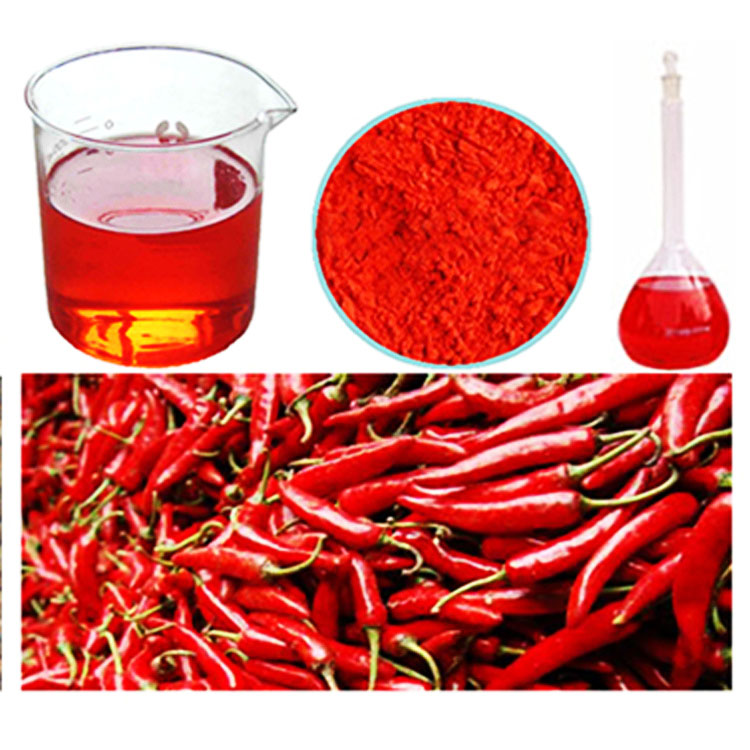- No. 268 Xianghe Street, Economic Development Zone of Xingtai city, Hebei 054001 China
- Byron@hbhongri.cn
Exploring the Production Process of Cayenne Paprika in Modern Manufacturing Facilities
Cayenne Paprika Factories A Spicy Story of Flavor and Industry
Cayenne paprika, known for its vibrant red color and distinctive flavor, is a spice that has earned a prominent place in kitchens and food industries around the world. The production of this spice often begins in specialized factories designed to turn raw peppers into the ground form that consumers love. This article delves into the process and significance of cayenne paprika factories, touching on their operations, benefits, and the broader impact they have on the agricultural and culinary landscape.
At the heart of cayenne paprika production are the peppers themselves, primarily of the Capsicum annuum variety. These peppers are cultivated in regions with warm climates and rich soils, with countries like Hungary, Spain, and the United States being prominent suppliers. Once harvested, the peppers are sent to paprika factories, where they undergo a series of meticulous processes designed to preserve their flavor, color, and nutritional value.
The initial step in a paprika factory is the sorting of peppers. High-quality cayenne peppers are selected based on their color, size, and ripeness. After sorting, the peppers are washed thoroughly to remove any dirt or impurities. This is crucial, as cleanliness directly affects the quality of the final product. Once cleaned, the peppers are either dried in natural sunlight or through controlled drying methods in the factory. This step not only enhances the flavor but also prolongs the shelf life of the spice.
After drying, the peppers are ground into a fine powder using industrial grinders. The grinding process is vital, as it must achieve the right texture to ensure the optimal release of flavors during cooking. Factories take great care in this stage, employing techniques that minimize heat generation during grinding to preserve the essential oils and natural aroma of the peppers. The final product is then subject to quality control checks to guarantee that it meets industry standards for flavor, color, and texture.
cayenne paprika factories

Cayenne paprika factories also play a significant role in the economy, supporting local farmers and contributing to job creation. By sourcing peppers directly from local agricultural producers, these factories create a symbiotic relationship that ensures farmers receive fair compensation for their crops. This, in turn, promotes sustainable farming practices and supports rural economies. Furthermore, as demand for cayenne paprika continues to grow globally, the factories themselves become central hubs of economic activity, providing jobs in production, quality control, packaging, and distribution.
Beyond the economic benefits, cayenne paprika factories also contribute to culinary diversity. Cayenne paprika is not only a staple in traditional cuisines, such as Hungarian goulash or Spanish chorizo, but it has also found its way into contemporary recipes across various cultures. The spice adds depth and heat to dishes, while its vibrant color makes food visually appealing. As more people explore global cuisines, the role of cayenne paprika in meal preparation is likely to expand, leading to increased demand for high-quality products from paprika factories.
In recent years, there has been a growing trend towards organic and sustainable spice production. Many paprika factories have begun adopting eco-friendly practices, such as reducing water usage and minimizing waste. They also seek to provide consumers with organic certification, catering to a market that increasingly values transparency and sustainability in food production.
In conclusion, cayenne paprika factories are essential players in the journey from farm to table, ensuring that this beloved spice remains available to consumers worldwide. By supporting local agriculture, contributing to economic growth, and promoting culinary exploration, these factories enhance not only the food industry but also the cultural exchange of flavors that defines global cuisine. As our palate continues to evolve, the importance of cayenne paprika and its production will undoubtedly spice up our culinary experiences for generations to come.
-
Turmeric Rhizome Powder: A Golden Treasure from Roots to TableNewsJul.28,2025
-
The Versatile Application Of Crushed Red Hot Peppers: Lighting Up The Red Flames On The Dining TableNewsJul.28,2025
-
The Paprika: A Touch Of Vibrant Red In Color, Flavor, And CultureNewsJul.28,2025
-
Ground Turmeric: A Modern Examination of an Ancient SpiceNewsJul.28,2025
-
Capsicum Liquid Extract: Features, Applications, and ChallengesNewsJul.28,2025
-
Application of Capsicum Liquid Extract in FoodNewsJul.28,2025







